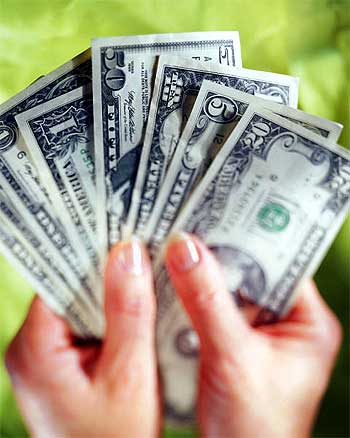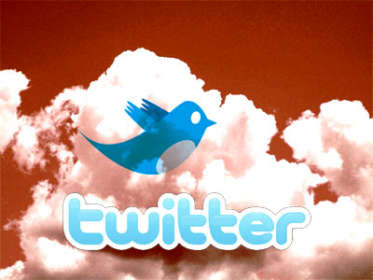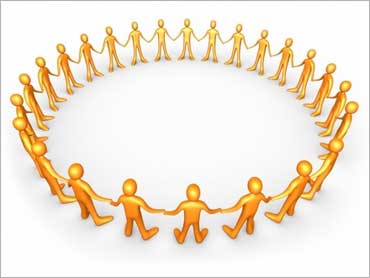 | « Back to article | Print this article |
FB's virtual currency may become real for Indians too
Facebook Credits, a virtual currency which enables the users of the social networking site to watch films and buy various applications, may become available in India too.
Beam, a mobile-commerce company, has sought the Reserve Bank of India's permission to make Facebook Credits available in India.
The company was in advanced talks with Facebook, said Beam chairman and managing director Anand Shrivastav.
Facebook has over 600 million global members. It has six million users in India.
"We have a young subscriber base (60 per cent of Beam's users are below 25) and are, therefore, driven by what they want us to do," Shrivastav said, explaining the company's attempt to enter f-commerce (Facebook commerce).
Click NEXT to read further. . .
FB's virtual currency may become real for Indians too
The Beam service, which Shrivastav refers to as a 'simple money service', is at present used for mobile phone and direct-to-home recharge, besides paying utility bills.
The company launched the service last year and has a user base of four million.
It is aiming to touch eight million by the end of 2011-12.
Facebook gives points to subscribers based on usage and lets users buy virtual stuff on the site.
It retains 30 per cent as fee.
Facebook introduced the concept two years ago in the US.
The currency can also be bought at retail stores such as Walmart, Best Buy and Target by paying real money. Ten Facebook Credits can be bought for $1.
Click NEXT to read further. . .
FB's virtual currency may become real for Indians too
Facebook Credits reached a new level of popularity earlier this month when Warner Brothers decided to stream Batman: The Dark Knight on the site.
Facebook's India users missed the opportunity, as they did not have the option of Facebook Credits.
For 30 Facebook Credits (equivalent of $3), one could have watched the 2008 movie over 48 hours, with an unlimited number of pauses. Experts said this was the beginning and movies would become a rage on the site.
The credits are available in 15 currencies, including the dollar, Euro, British Pound and the Danish Krone, among others.
Click NEXT to read further. . .
FB's virtual currency may become real for Indians too
Santosh Desai, managing director and chief executive officer of Future Brands, said as a concept the virtual economy was not new.
He cited 'Second Life' as an example. In this online virtual world, users (called residents) interact with each other and even trade virtual property and services.
"The idea depends on the robustness of the platform," Desai added.
"In that sense, Facebook is on a firm ground, and a certain section of people is likely to engage deeply in virtual economy on that platform," he said.
"It may not really become a phenomenon, but if there's any environment that may make the virtual economy work, it's got to be Facebook," he said.




